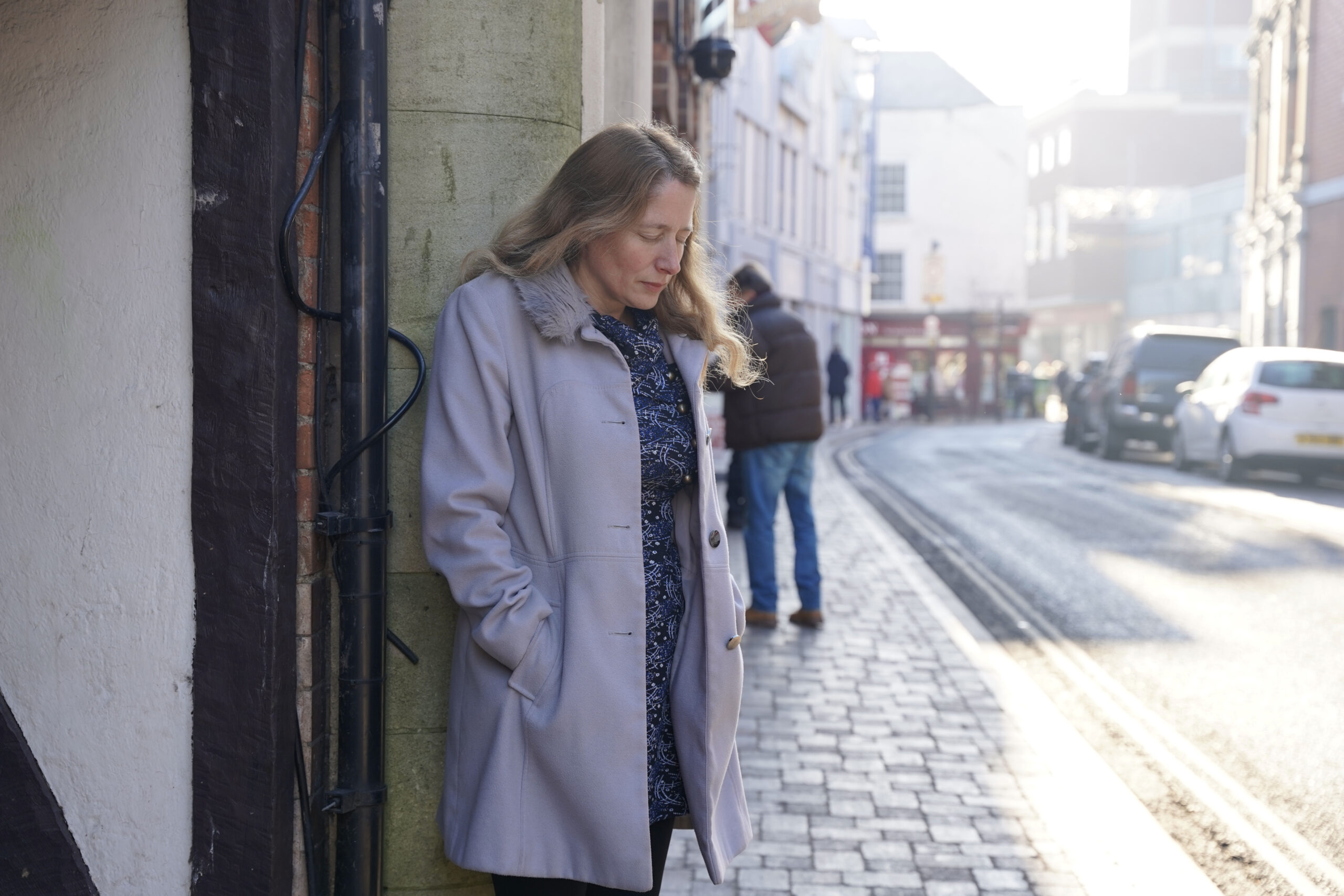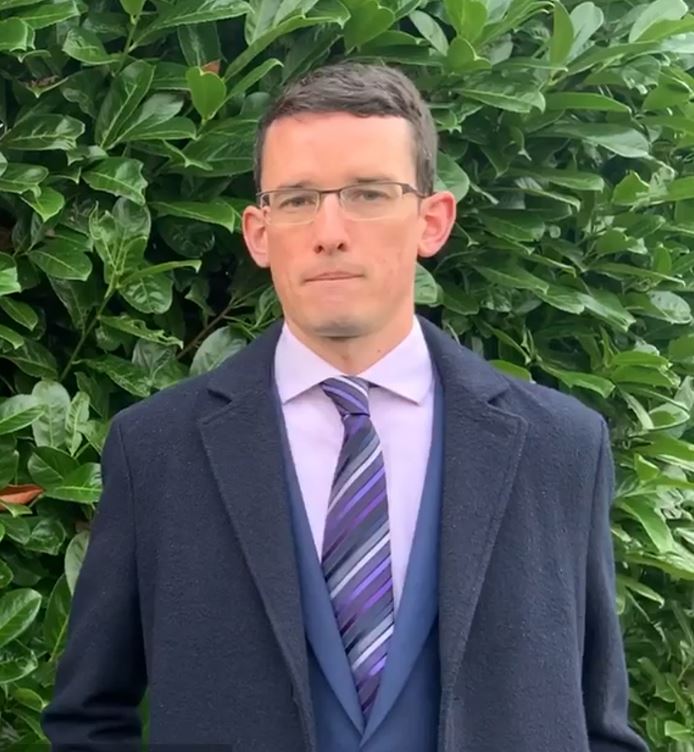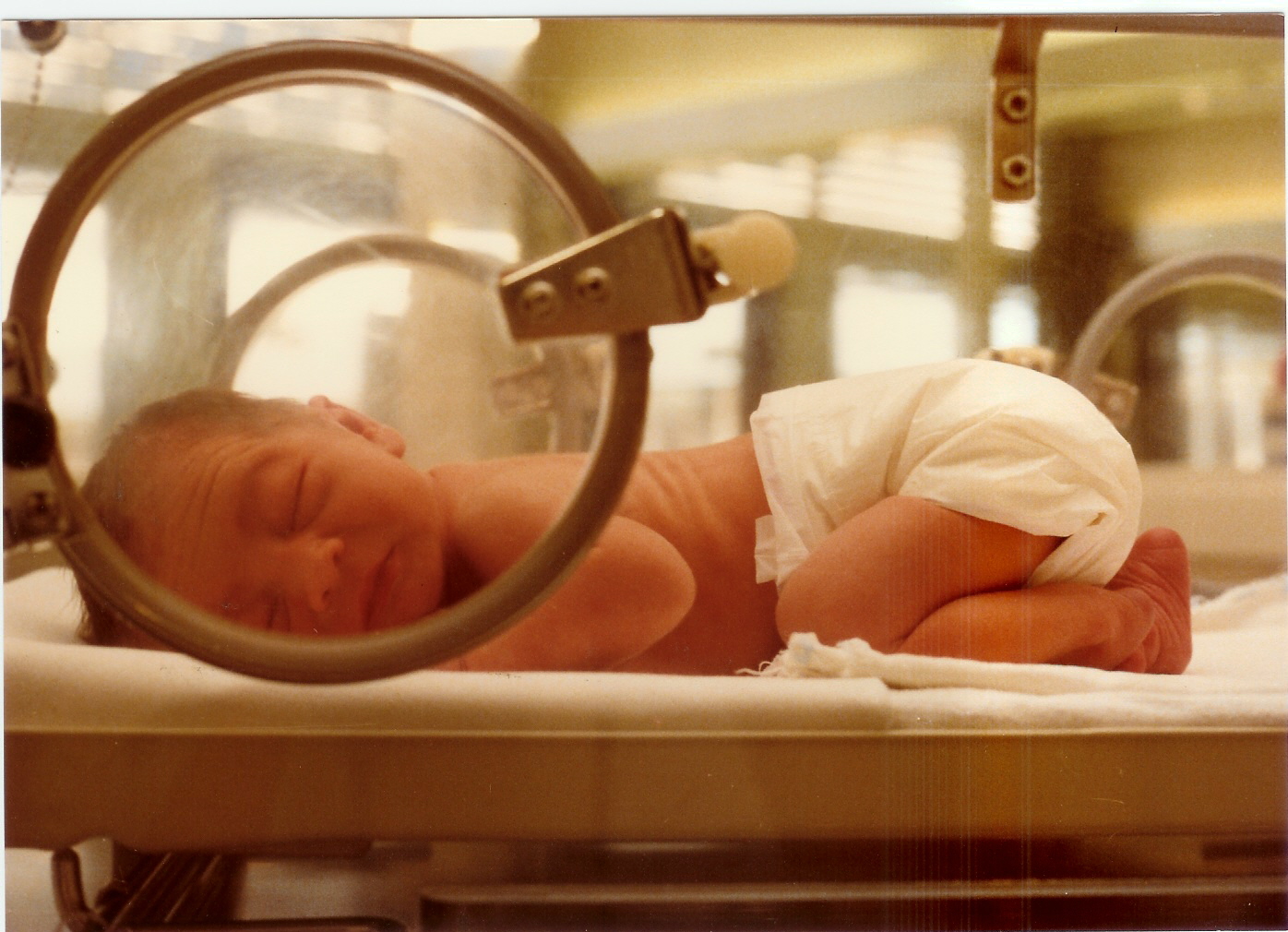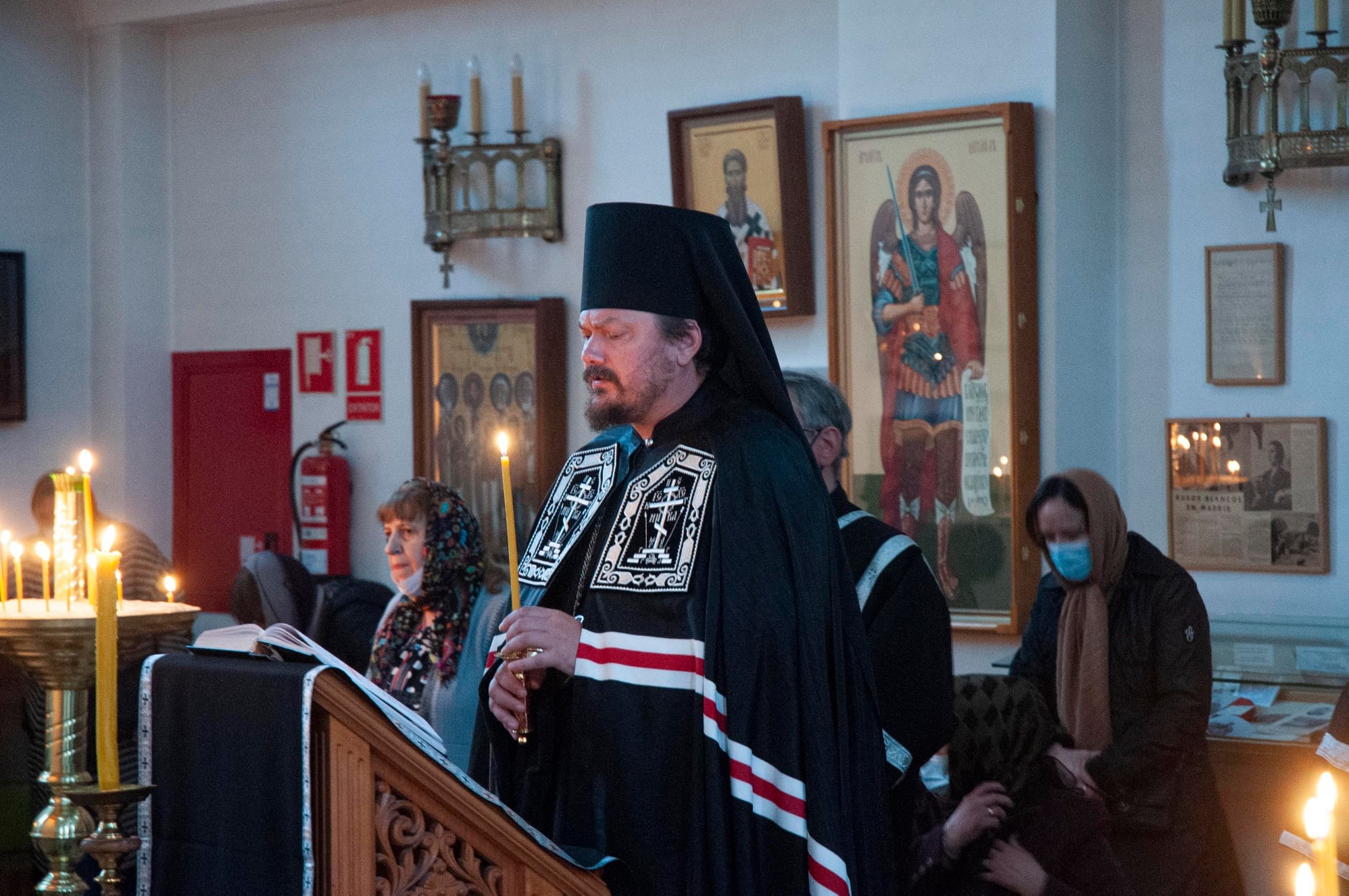Hundreds of thousands of Ukrainians are turning to religion in the midst of the brutal war Russia has unleashed on their nation.
The number of people in Ukraine asking for Bibles has more than doubled since the Russian invasion in February, according to figures released by the Ukrainian Bible Society.
“People usually ask ‘if God loves the world why did He allow this to happen?’ Many of them saw a lot of brutal behaviour from the Russians, torturing other people, killing civilians,” said Anatoliy Raychynets, deputy general secretary of the Ukrainian Bible Society.
“I expected that they would be blaming God or don’t want to receive Bibles but it’s totally the opposite. They have difficult questions, but they want to be close to God.”
Priests in the capital Kyiv have separately confirmed a resurgence in faith such that congregations had not dwindled despite an exodus of regular churchgoers overseas.
Abbot Lavrentiy, deacon of St Michael’s Golden-Domed Monastery in Kyiv, said that he was now seeing people of a kind he had never encountered in 23 years of service.
“They address precisely such spiritual questions: how to cope with all this now?” he said, adding that new attendees were either seeking divine guidance or protection during the war or had decided to turn their backs on the Russian Orthodox church after the invasion.
People who had not been believers, “realised that human power is not enough to solve urgent problems,” he said.



















